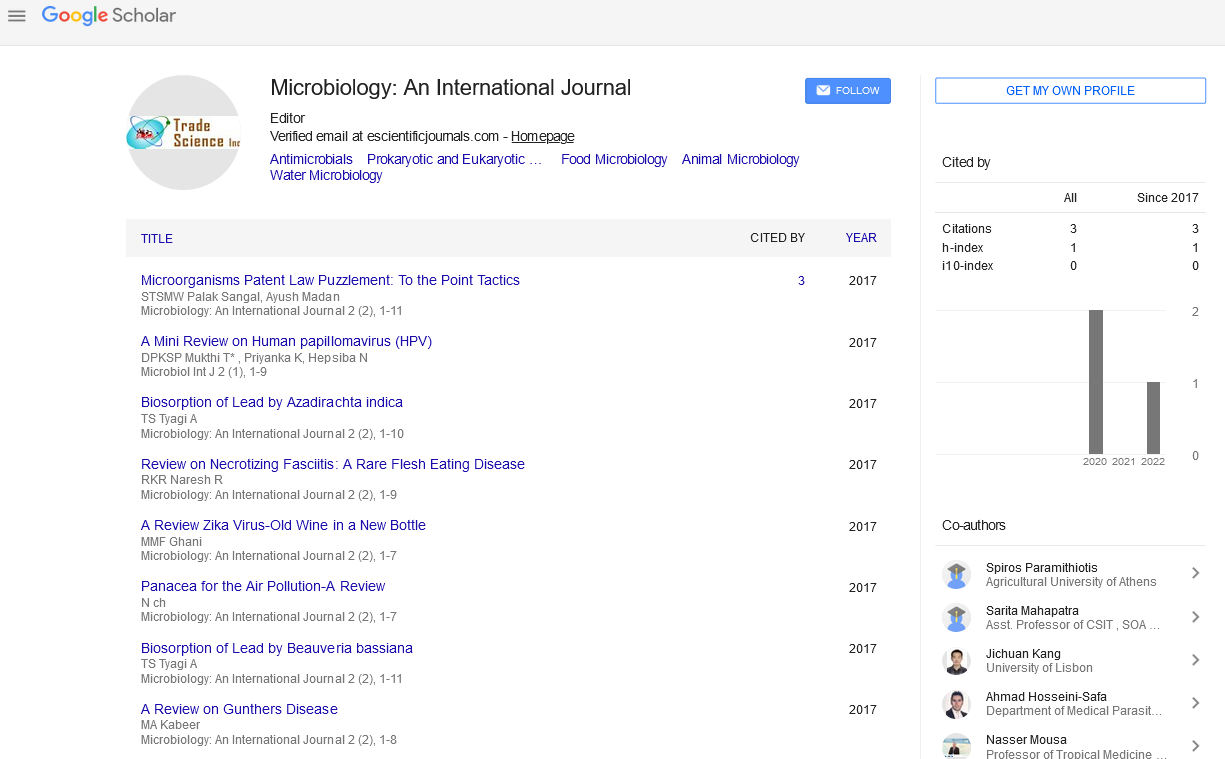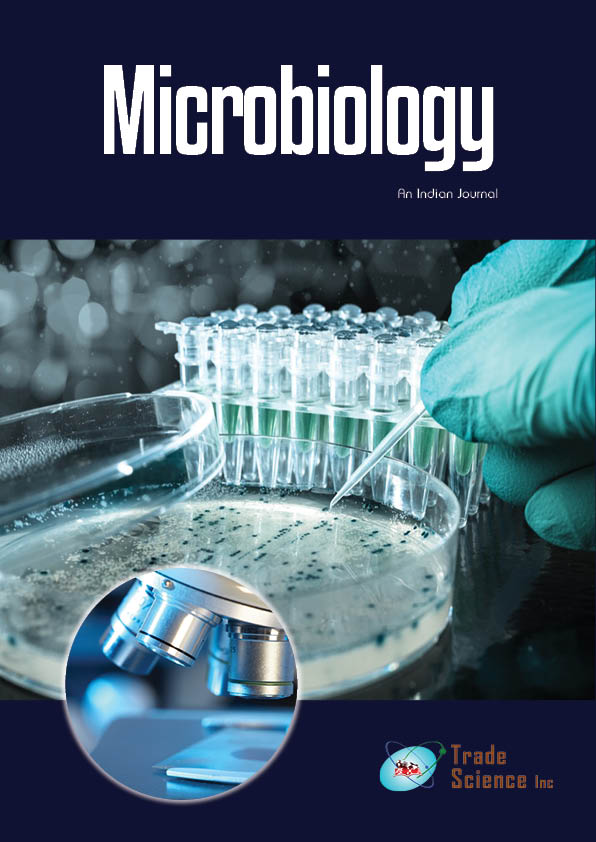Abstract
Evaluation of the correlation between tryptase positive mast cells and chronic periodontitis using immunohistochemistry
Author(s): Shirin Modabbernia*, Bardia Vadiati Saberi, Mohadeseh Asli, Fatemeh HadipourBackground: Mast cells are mobile, bone-marrow-derived, granule-containing immune cells that are found in all connective tissues and mucosal environments. Mast cells are able to phagocytosis, process and present antigens as effectively as macrophages. Bacterial plaque has been implicated as the primary etiologic factor in inflammatory periodontal disease, but several studies have recently focused on the role of the immune system cells in periodontal disease.
Aim: The aim of the present study was to determine the relationship between tryptase positive mast cells and chronic periodontal disease.
Methods: Seven cases of smoker chronic periodontitis, seven cases of nonsmoker chronic periodontitis, seven cases of smoker clinically healthy gingival tissues and seven cases if nonsmoker clinically healthy gingival tissues were obtained from patient undergoing periodontal surgery in Rasht private dental clinics. Samples fixed in 10% buffered formalin and stained with tryptase stain and observed under optical microscope.
Results: There is no significant difference between tryptase positive mast cells and chronic periodontitis (P=0.829). However, a significant difference was seen between the number of tryptase positive mast cells in chronic periodontitis and non-smoker chronic periodontitis (P=0.012), similar to those in chronic periodontitis with systemic disease and chronic periodontitis without it (P=0.006).
Conclusion: considering the above findings which are in contrast with similar studies, more extensive studies with more precise methods are recommended in order to clarify the role of these mast cells in the pathogenesis of chronic periodontitis.

